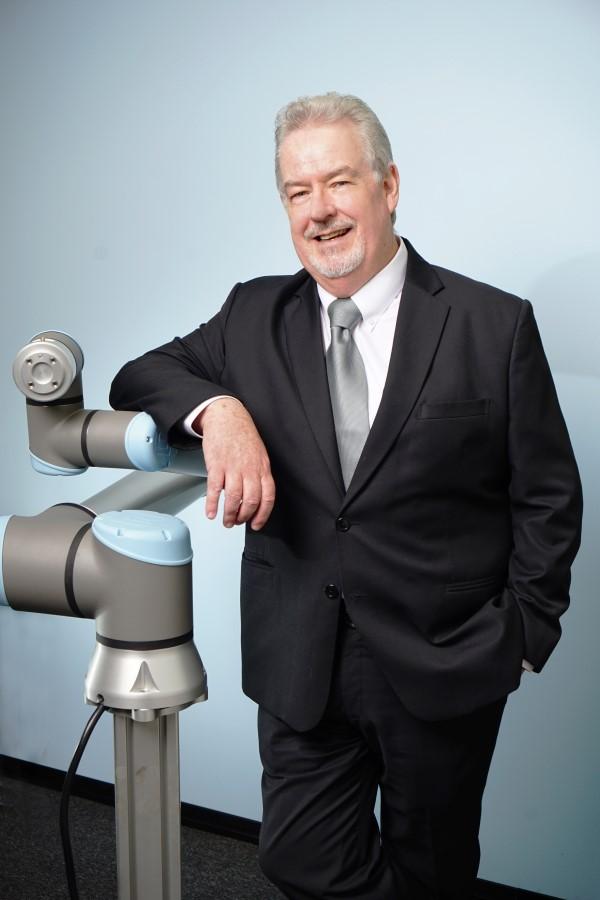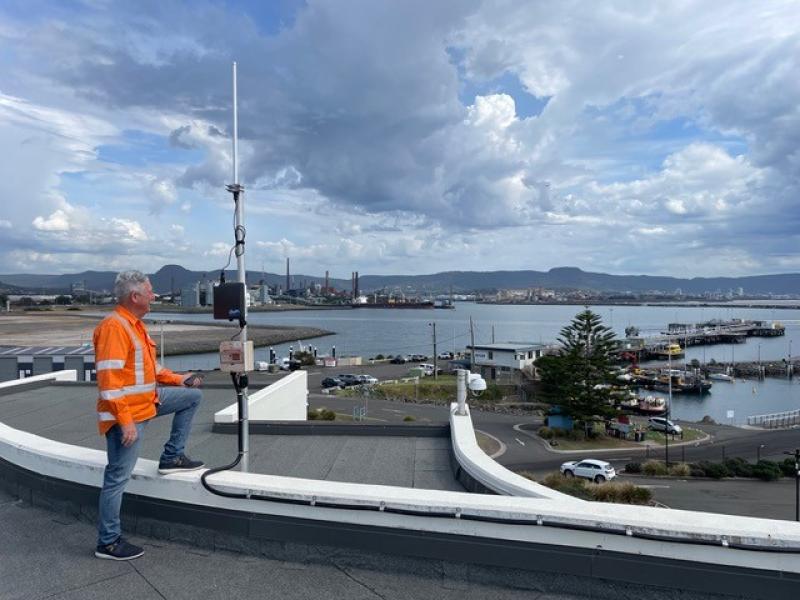By Peter Hern, Country Manager, Oceania, Universal Robots.
The future of manufacturing in New Zealand is set to look very different from our economic legacy. As with the rest of the industrialised world, New Zealand’s shift from traditional large-scale consumer good production has opened up new doors for manufacturers to offer quality-based operations and specialisation.
In order to keep up with the changes of the industry, manufacturers need to keep pace to stay ahead of their competitors. Earlier this year, the New Zealand government released a critical sector report, highlighting the need for manufacturers to become more digitised and automated in the wake of Industry 4.0.
As businesses face rising operational costs in a small domestic market, skilled labour shortages and the need to scale, there is a growing case for automation by SMEs. While in the past only large corporations could afford to invest in automation, new advancements in robotics are making automation a viable option for businesses of all sizes.
The Benefits of Automation
Callaghan Innovation, New Zealand’s innovation agency, has identified Robots and Automation as a key area of implementation, citing the opportunity for businesses to increase efficiency and precision, reduce health and safety risks and increase productivity.
While in the past only large corporations could afford to invest in automation, new advancements in robotics are making automation a viable option for businesses of all sizes. The flexibility of robotic automation allows it to take on various applications, benefitting traditional as well as non-traditional sectors.
Collaborative robots (cobots), robots that work side-by-side with people, are one of the latest advancements in robotics. Cobots enable businesses to improve cost efficiency, productivity, and output quality while lightening the burden of strenuous and repetitive tasks for employees. It is user friendly, affordable, flexible, compact and safe. These benefits have made it a top consideration for businesses looking to automate.
Cobots to support
NZ’s Growth
Cobots are widely deployed across sectors and have the potential to benefit NZ’s key industries, food and beverage, metal, textiles, plastic and paper, among others. Due to cobots’ ease of programming in carrying out multiple tasks across diverse settings, they are user-friendly and easily integrated into any existing application, regardless of the production type or size.
By allowing humans to work closely alongside them, cobots can help manufacturers alleviate employees from the tasks that can most frequently cause injuries, effectively reducing health and safety incidents.
Assa Abloy New Zealand, a global leader in door hardware solutions, is an Auckland-based company that has used cobots to relieve workers from repetitive work, ultimately leading to improved workplace health and safety conditions.
Assa Abloy followed a three-stage process was, starting with identifying hazardous jobs in its workplace. Secondly, a thorough risk assessment was undertaken, and the company concluded automating these processes would relieve its production staff. In contrast to traditional robotic solutions, the risk assessment revealed the cobots’ small and lightweight robotic arms would work safely alongside staff without the need for any safety barriers, creating a truly united human-cobot workforce. Knowing that employees can work in very close proximity to the cobots without safety guarding provides Assa Abloy NZ with peace of mind.
Lastly, the company implemented cobots, automating the final step on the lock bodies production line and relieving operators of work hazards. Staff reaction to the cobots has been extremely positive and they have upskilled as a result of cobot integration. New roles are being created for the team which are more focused on quality and process monitoring of material supply, compared to the role of a traditional assembly worker.
Driving Growth
through Automation
New Zealand’s core export food and beverage sector have great potential to transform their manufacturing practices through robotics. Cobots can help improve product quality and productivity, enabling businesses to access new markets and increase their competitive capacity.
Orkla Foods in Sweden deployed cobots to work independently to pack vanilla cream bags into cartons, but also formed part of a network that includes a carton erector, a carton sealer, and a filling machine. The robot worked flawlessly and safely alongside Orkla’s employees without supervision or extra support, accelerating results and the payback period of the investment.
Industry 4.0 has created opportunities to make use of technology such as robotics to modernise and grow the New Zealand manufacturing sector, beyond the industry shift to value. Manufacturers who focus on innovation and growth are in the best position to benefit from automation, improving both the nation’s competitiveness and cultivating a higher-skilled workforce.
Download the New Zealand Government critical sector report HERE






